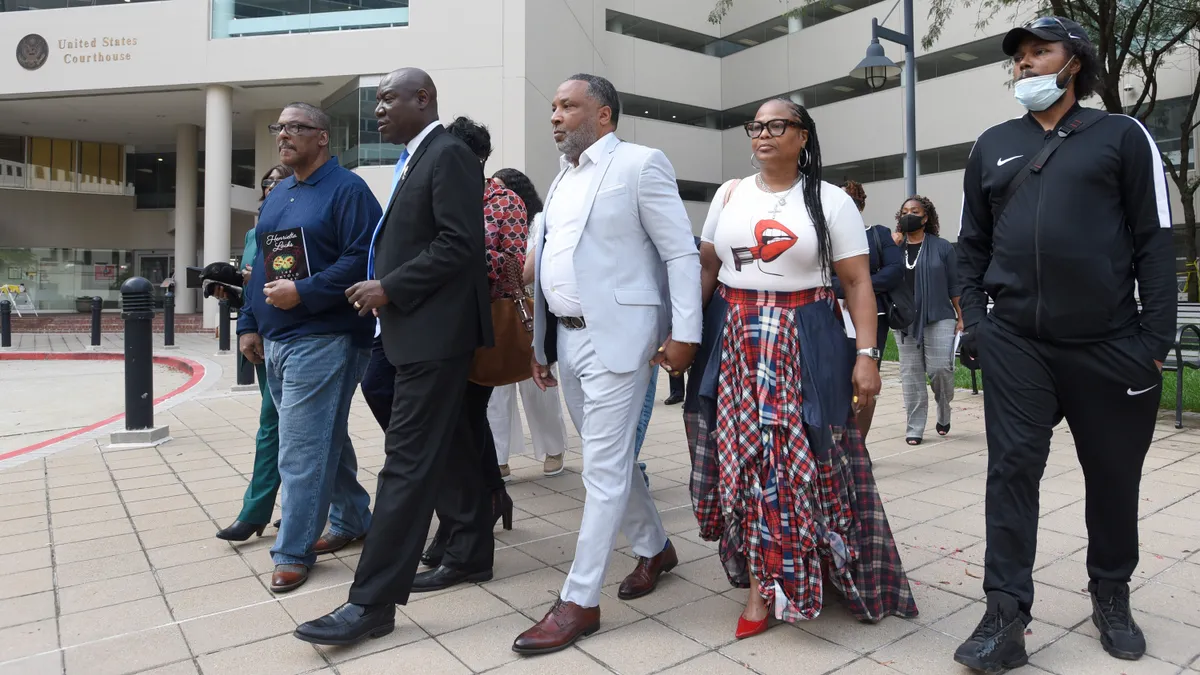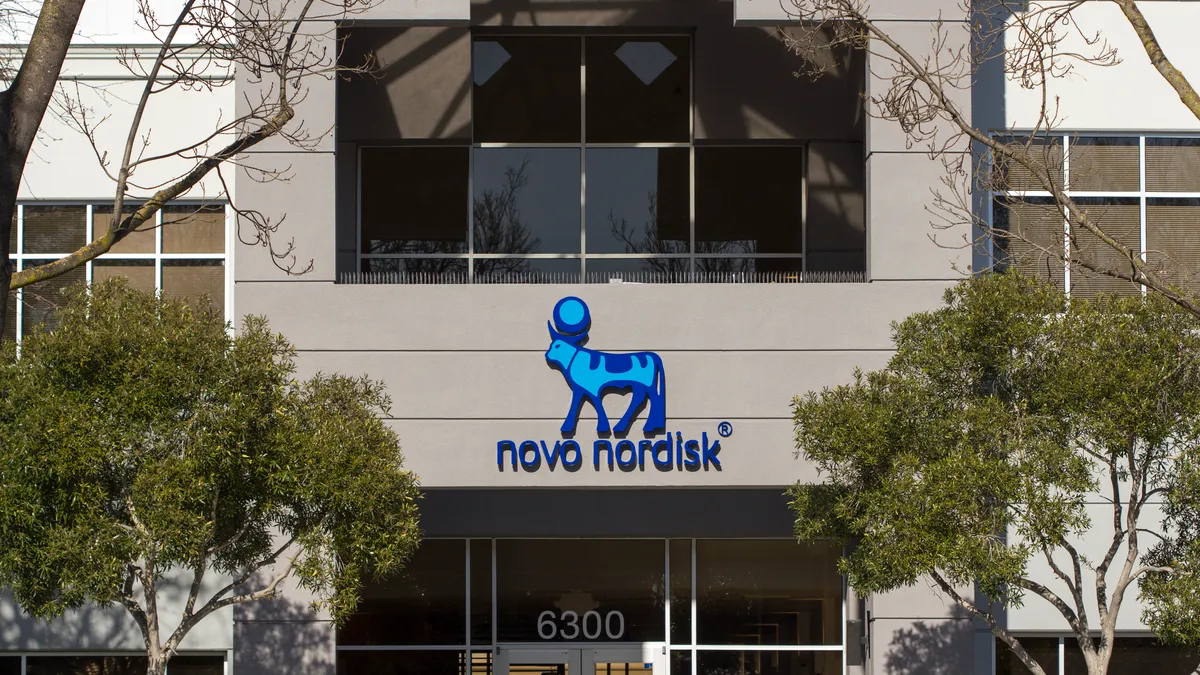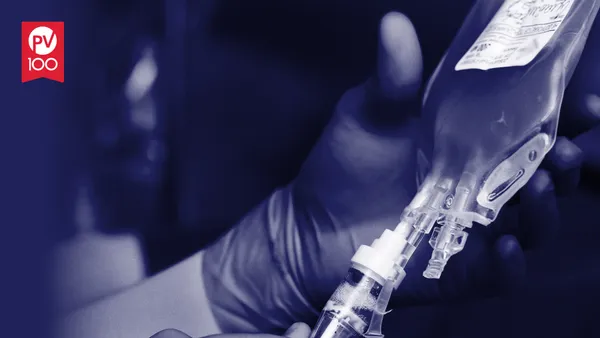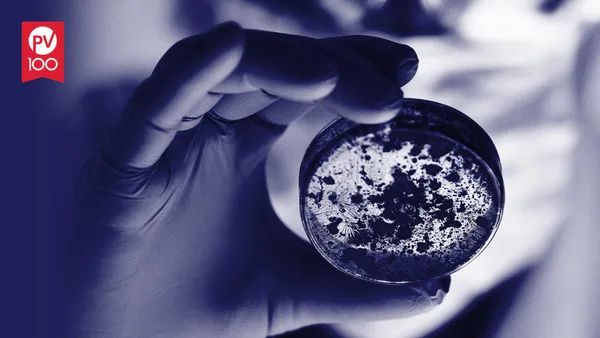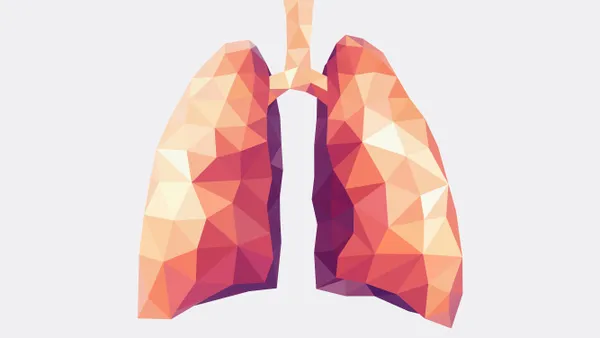Henrietta Lacks has become a modern folk hero of the medical community, and now, she might finally be getting her due.
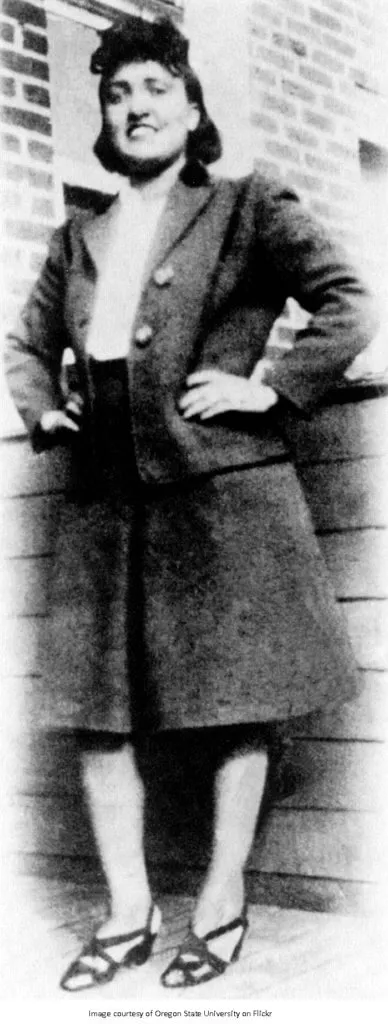
Although Lacks died in 1951 at the age of 31 from cervical cancer, her cells live on — literally, as reproducible cancer cells shared among labs worldwide and as the basis of countless medical breakthroughs. That legacy has long included the erasure of Lacks, a Black woman and patient whose contributions to science and history were made without her consent.
But the tide may have changed earlier this month when Thermo Fisher Scientific settled with Lacks’ descendants in a lawsuit filed in 2021 claiming the biotech profited from selling the cells and the intellectual property created from them. The amount of the settlement remains under wraps, but legal experts have said the precedent could open the floodgates to more cases.
The family filed another lawsuit, this time against the biotech Ultragenyx on Aug. 10. Ultragenyx sells four rare disease treatments that include monoclonal antibodies and enzyme replacements and has a long pipeline of gene therapies in late stages of development.
In an informal poll conducted last week in PharmaVoice’s daily newsletter, 63% of readers said companies profiting from scientific discoveries originating from Lacks’ cells have an obligation to compensate her family.
Here, we’re exploring the beginnings of Lacks’ saga, the indelible mark she left on biomedical progress and the fight to restore recognition and, more controversially, financial reparation.
History and legacy
From the beginning, when a Johns Hopkins Hospital gynecologist discovered a malignant tumor on Lacks’ cervix in 1951 and sent a biopsy to a nearby lab, there was something different about her cells. Rather than dying quickly after being removed from her body, Lacks’ cells continued to grow, doubling daily, according to Baltimore’s Johns Hopkins University.
Lacks, a mother of five, died that year. She never permitted her biopsy to be used for medical research.
But her cells, which were named “HeLa” cells after her, were experimented on in preclinical trials for an array of cancer treatments.
Now, “the HeLa cell line is one of the most important and widely used cell lines in human history,” according to the lawsuit. Early research using Lacks’ cells laid the groundwork for polio vaccines and fostered an understanding of X-ray effects. They were even sent to space to determine how human cells react in that environment.
From there, significant medical knowledge came about as a result of the HeLa cell line: an understanding of the human genome, infectious disease research from Ebola to HIV to COVID-19, a variety of cancer breakthroughs and more.
Part of that legacy has also included more recent public knowledge of Lacks’ contributions to medical science as well as racial injustice as described in the bestselling nonfiction book “The Immortal Life of Henrietta Lacks” by Rebecca Skloot, adapted into a film of the same name starring Oprah Winfrey as Lacks’ daughter, Deborah.
The Lacks family battle
Thermo Fisher, which reported $44.9 billion in revenue in 2022, sells 12 products that include the HeLa cell line for use in labs around the world, according to the Lacks family’s lawsuit accusing the company of “unjust enrichment.”
In the case against Thermo Fisher, the Lacks family cited racial injustice as a major contributor to the long history of neglect: “Thermo Fisher Scientific’s choice to continue selling HeLa cells in spite of the cell lines’ origin and the concrete harms it inflicts on the Lacks family can only be understood as a choice to embrace a legacy of racial injustice embedded in the U.S. research and medical systems.”
Upon announcing the settlement, Lacks’ grandson, Alfred Lacks-Carter Jr., said at an Aug. 1 press conference in Baltimore, “Today on her 103rd birthday, we got justice.”



